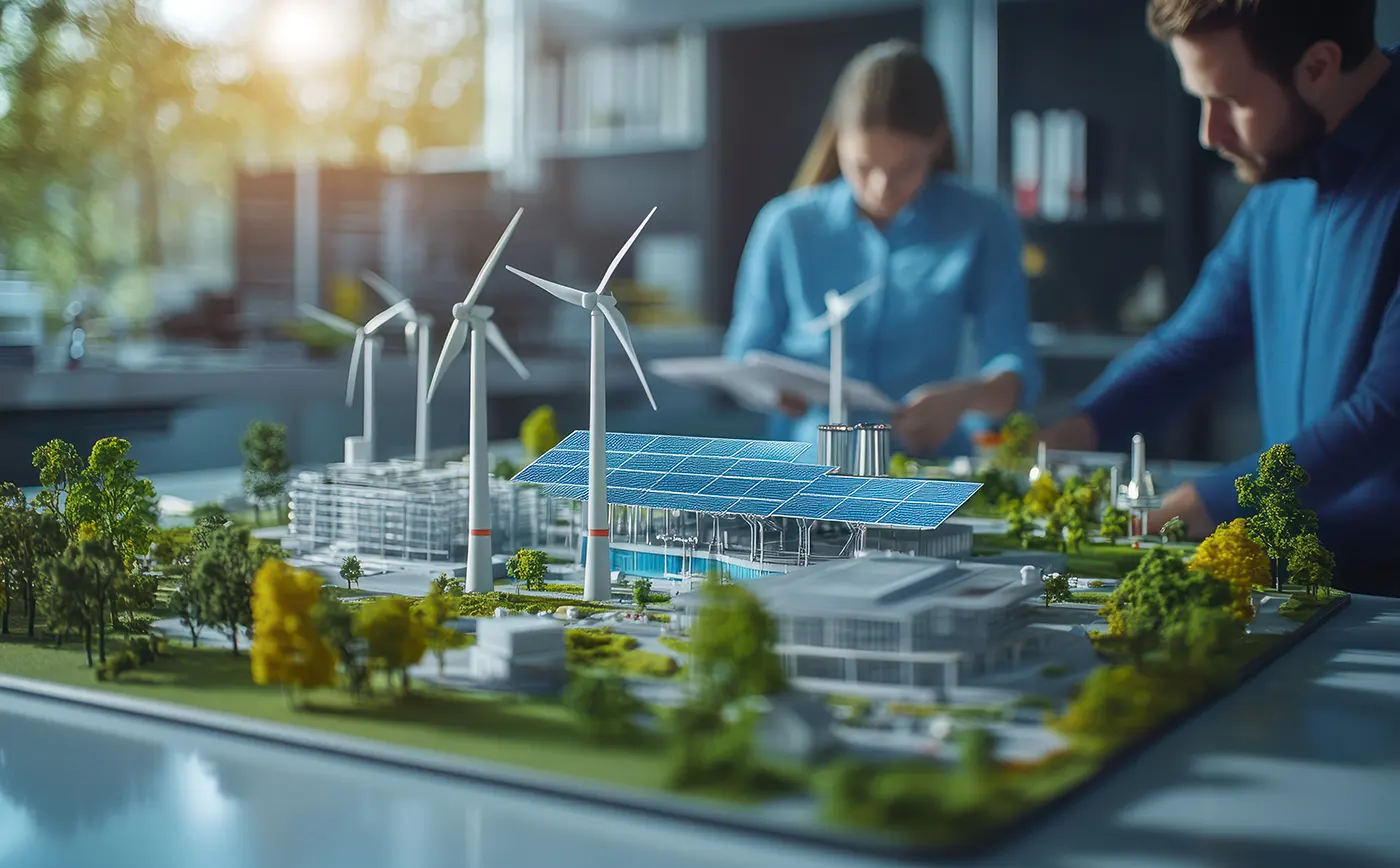
Towards a sustainable energy transition!
Energy & Resources
Solar
Wind Energy
Biomass
Hydropower
Geothermal
Renewable technologies for smarter energy
Moving toward Smart Energy, renewable technologies offer sustainable and efficient alternatives for producing energy and optimizing its consumption.
Energy management systems
Energy monitoring and management systems. These software and tools are cloud-based or integrated into buildings.
Intelligent distribution networks
Smart networks that use sensors, software and digital technologies to adjust the amount of distributed energy to meet your needs.
Efficient consumption solutions
Intelligent lighting, heating systems and power grids that allow you to effectively reduce your energy consumption.
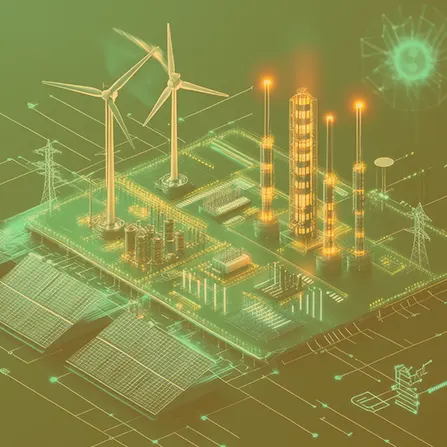
At the heart of energy production
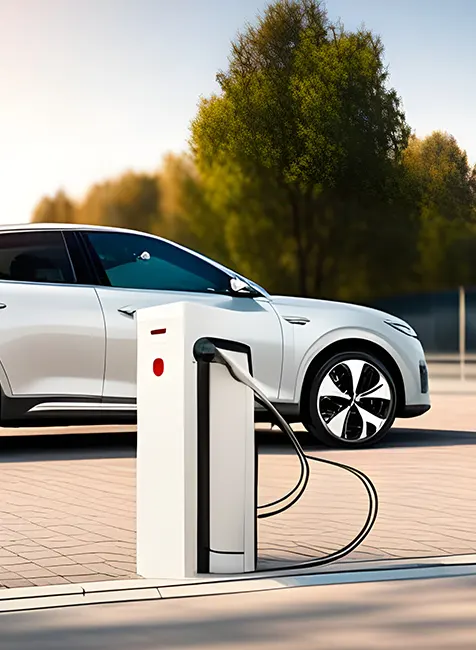
Charging stations for electric vehicles
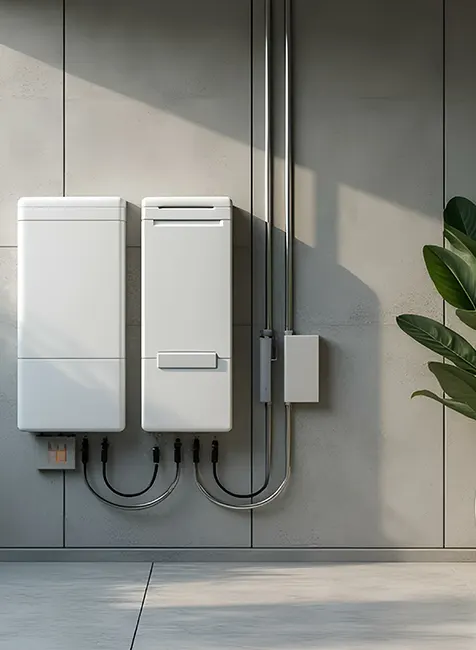
Batteries and storage solutions
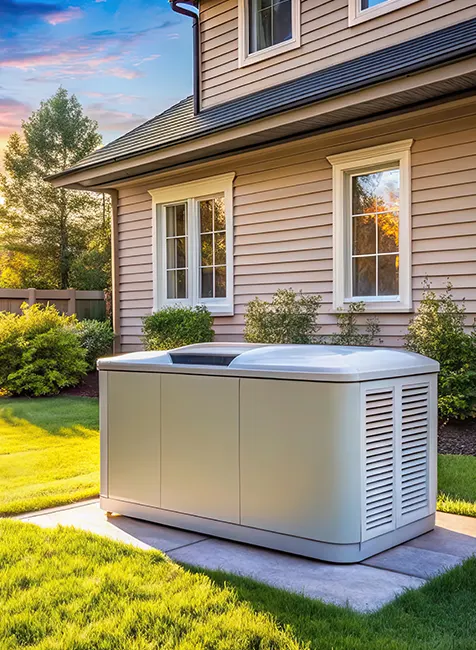
Electricity generators
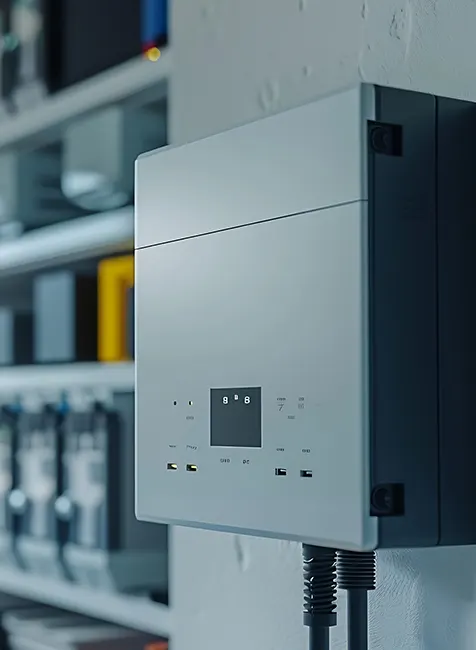
Energy converters
Challenges for a sustainable future
Energy Policy
Systems & measures
Policies that widely support energy transition of homes and businesses. They are accompanied by support for renovation.
Decarbonization strategies
Alternatives to decarbonization
Effective strategies to accelerate decarbonization by promoting renewable energy sources and green supply chains.
Sustainable development
Change and evolution
Changing the way energy is produced, distributed and consumed to promote sustainable development and energy autonomy.
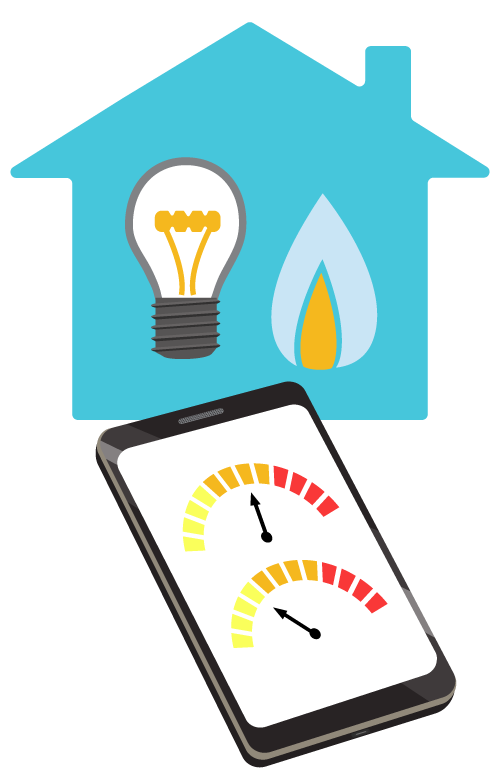
Electricity and gas: a rapidly changing market
Green electricity
Power generation systems using green energy sources ranging from wind turbines to biomass and geothermal plants.
Smart networks
Digital technologies integrated into your power grids, infrastructures and generation/distribution sites to optimize energy flows.
Digitization of your installations
Digitization of your electricity and gas installations to centralize data and optimize the management and control of your consumption.
Energy Storage
Storing energy in batteries or accumulators using a pump station, compressed air, electrolysis or electrochemistry.
Green hydrogen
Electrolysis of water to produce large amounts of green hydrogen and benefit from a clean energy source with no CO2 emissions.
Heating Technologies
Innovative technologies for greener heating: solar water heaters, biomass modules, thermal panels, wind turbines.
Energy Audit
The energy audit measures a building’s energy performance and its impact on the environment. After the audit, the most energy-intensive homes are classified as E or F, and the most environmentally friendly are classified as A or B.
Energy Contract
Regulations
By signing an energy contract, you can take advantage of electricity and gas offers from energy suppliers. These specialists offer options tailored to your energy needs, discounts, and all-inclusive packages.
Durable insulation materials
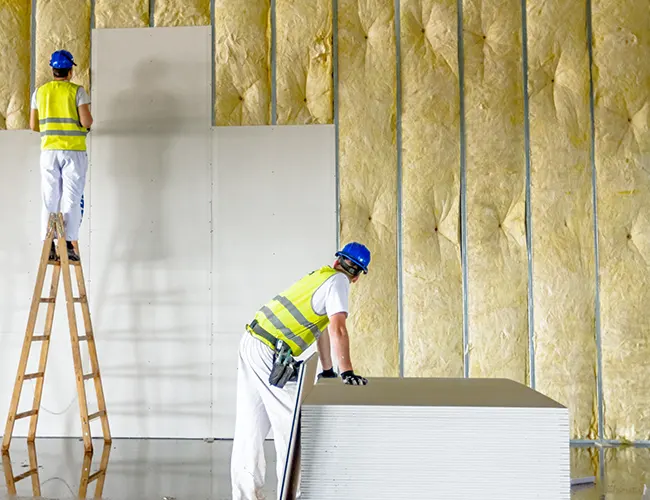
Insulation panels
Wall insulation
Reinforce your wall insulation with glass wool, rock wool, hemp, cellulose wadding or recycled wood fiber.

Thermal reinforcement
Floor insulation
Optimize the insulation of your floors and attics with mineral wool, panels, wood chips and recycled bulk insulation.
Energy-efficient heating
Choose an energy-efficient heating system to lower your energy bills and optimize your home’s performance. Wood heating offers you an excellent alternative between designer wood stoves and wood pellet stoves. You can also invest in a heat pump.
Heat pumps use an air-to-air, air-to-water or geothermal pumping system, depending on the heating technology. Check out other cost-effective options such as solar water heating systems, biomass boilers and connected radiators to choose the right eco-friendly heating system. Depending on your needs, you can combine these systems and use different heating methods.